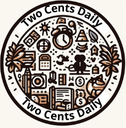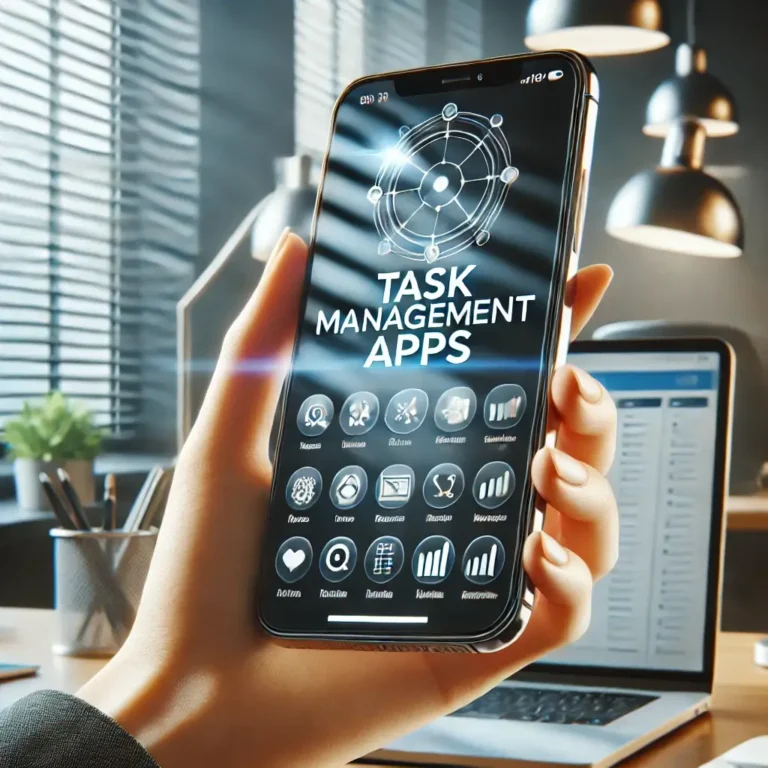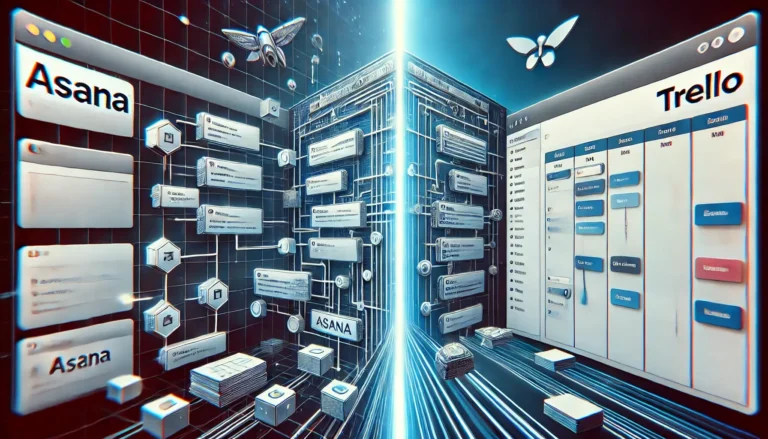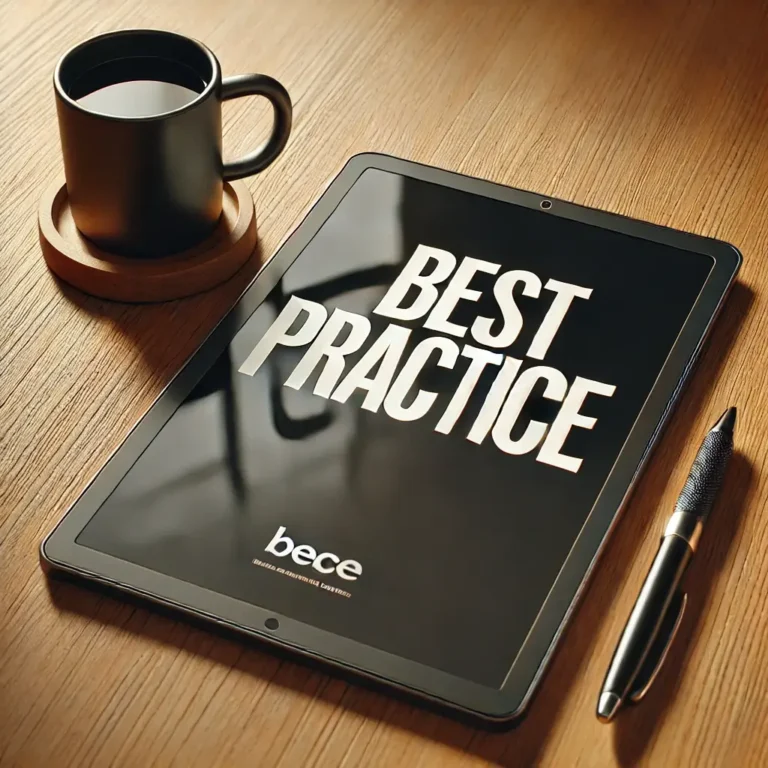Essential Task Management Features Every Remote Team Needs in 2025
The rapid shift toward remote work, accelerated significantly by recent global events, has permanently reshaped the workplace landscape. Teams are no longer confined by geographical boundaries, making remote collaboration the new norm rather than the exception. In this evolving environment, task management tools have become indispensable for maintaining productivity, efficiency, and seamless communication among dispersed team members. As we move into 2025, selecting task management solutions with the right features has become crucial—not just for managing day-to-day tasks, but for ensuring long-term team cohesion, productivity optimization, and competitive advantage. This article explores essential features that every remote team must prioritize to thrive in the coming years.
Real-Time Collaboration
Real-time collaboration is the backbone of efficient remote task management. It enables team members to simultaneously engage, update, and track progress without delays, bridging the gap created by physical distance. Through features such as live task updates, teams can instantly view changes, minimizing misunderstandings and keeping everyone aligned. Shared boards facilitate simultaneous editing and interaction, fostering a sense of unity and transparency. Real-time notifications ensure team members stay informed immediately of any important updates or urgent tasks, enhancing responsiveness and productivity.
Advanced Task Automation
Automating repetitive tasks is essential for maximizing efficiency and allowing remote teams to focus on high-value activities. By leveraging advanced task automation, teams can significantly reduce manual workloads, minimize human error, and streamline processes. Examples include automated reminders that keep team members on schedule without manual follow-ups, workflow templates that standardize and accelerate common tasks, and AI-driven task assignments that intelligently distribute workloads based on team members’ capacity and expertise, optimizing productivity and preventing burnout.
Integrated Communication Tools
Integrated communication tools are vital for maintaining productivity and clarity within remote teams. By embedding communication directly into task management platforms, teams can streamline discussions and decision-making processes, greatly reducing the time lost switching between multiple apps. Features such as built-in video conferencing allow face-to-face meetings to occur seamlessly within task contexts. Instant messaging provides quick, efficient communication for urgent inquiries, while structured discussion threads help organize conversations around specific tasks or projects, improving focus and accountability.
Comprehensive Time Tracking and Reporting
Accurate and comprehensive time tracking is crucial for remote teams, offering transparency, accountability, and valuable insights into productivity. Precise time tracking helps managers identify bottlenecks, optimize workflows, and improve resource allocation. Essential features include detailed timesheets that provide clear documentation of tasks and time spent, productivity insights highlighting areas for improvement, and advanced analytics dashboards that visualize performance data, enabling informed decision-making and continuous team improvement.
Robust File Management Integration
Seamless document access and sharing is fundamental for remote teams to maintain efficiency and collaboration. Robust file management integration ensures that team members can effortlessly access, share, and collaborate on important documents from any location or device. Integrating task management tools with popular cloud storage services such as Google Drive, Dropbox, and OneDrive allows for real-time document synchronization, version control, and secure access. This integration reduces the time spent searching for files and helps maintain consistent, up-to-date documentation across the team.
Advanced Security and Data Privacy
Ensuring robust security and data privacy is essential for remote teams, especially when handling sensitive and proprietary information. Secure task management platforms protect against cyber threats and unauthorized access, maintaining the trust of employees, clients, and stakeholders. Key security features include end-to-end encryption that safeguards data in transit and storage, role-based access control to restrict information based on job responsibilities, and adherence to strict data compliance standards such as GDPR and HIPAA. Investing in platforms with these capabilities helps teams maintain integrity and confidentiality in their remote work environments.
Mobile Optimization and Cross-Platform Accessibility
Mobile optimization and cross-platform accessibility are critical for remote teams, enabling members to manage tasks effectively from any location and on any device. Mobile apps provide flexibility for team members on the go, ensuring productivity isn’t limited by location. Cross-device synchronization ensures a seamless experience, allowing team members to transition effortlessly between devices without losing progress or context. Additionally, offline access enables users to view, update, and manage tasks even without an internet connection, ensuring productivity is maintained regardless of connectivity challenges.
Customizable Dashboards and User Interfaces
Customizable dashboards and user interfaces significantly enhance team efficiency by allowing team members to tailor task management platforms to their unique workflow needs. Personalized dashboards enable easy access to critical tasks, upcoming deadlines, and relevant updates, reducing clutter and enhancing clarity. Features such as drag-and-drop customization provide flexibility and ease of use, while personal and team views ensure team members and managers can quickly see relevant information. User-specific notifications further streamline productivity by delivering relevant updates directly to individuals based on their role and task responsibilities.
AI-driven Insights and Analytics
AI-driven insights and analytics play a crucial role in optimizing task management and improving decision-making for remote teams. Predictive analytics help teams forecast potential challenges and allocate resources more effectively. Workload balancing recommendations ensure tasks are distributed fairly and efficiently, preventing burnout and improving team performance. Additionally, proactive issue detection enables managers to identify and resolve bottlenecks before they escalate, ensuring smoother workflows and enhanced productivity across the organization.
Conclusion
As remote work continues to shape the future of business, equipping teams with the right task management features is essential for sustained success. The ability to collaborate in real-time, automate tasks, communicate effectively, track time, and integrate secure file management can significantly boost productivity and efficiency. Moreover, robust security, mobile accessibility, customizable interfaces, and AI-driven insights ensure that teams stay agile and well-equipped to tackle evolving challenges.
Investing in a task management platform that aligns with these future-focused demands will enable remote teams to operate seamlessly and competitively. Organizations must regularly review and update their current tools and strategies to ensure they are leveraging the most effective solutions available.
Now is the time to evaluate your task management approach and upgrade to a system that enhances productivity, strengthens collaboration, and positions your team for long-term success in 2025 and beyond.







